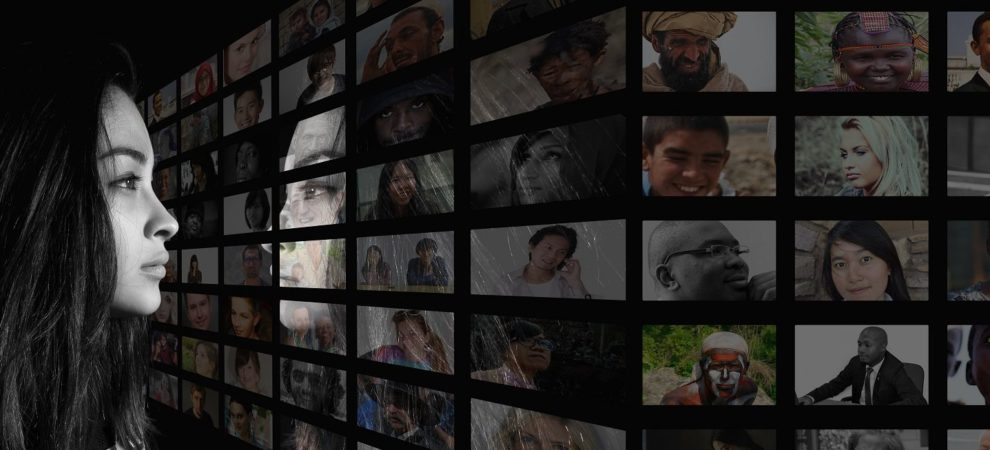
By Catherine Salgado, Minerva Strategies
How often are you forced to question your identity?
I recently took a trip to Orcas Island for the first time with my family. As we were waiting for a ferry, I exchanged small talk with a stranger in the bathroom. As she was leaving, she looked at me and asked, with a big smile and bewilderment in her eyes, “What’s your nationality?”
I had never been asked that question before. I paused for a moment trying to understand. Did she wonder where I am from because of my accent? The way I look? All of the above? I wasn’t sure why the question struck me, but it did.
I replied, “I am Ecuadorian,” to which she smiled and wished me safe travels. I was so bothered by her question that as soon as I left the bathroom, I had to tell my husband. Soon after, the ferry departed but that uneasy sensation lingered.
The question of where I am from is not foreign to me. I moved from Ecuador to the United States almost 18 years ago, I am a naturalized US citizen, and if I want to be technical about my nationality, well… I have both US and Ecuadorian citizenships.
But I am more than my nationality. As an Ecuadorian, I am a mestiza; a mix of Native American and Spanish ancestry. I am a Latina in the United States, a country that more and more seems to define its own identity by excluding and suppressing the same minorities that have made it so culturally rich.
Diversity, inclusion, and equity are important, and in the current political climate it is key to understand the diversity within certain underrepresented groups. Latinos/Hispanics/Latinxs comprise 18.1% of the total US population and are a very heterogeneous group. I am one of many struggling with how I identify myself. Questions about my origins, nationality, or ethnicity from complete strangers make the struggle harder because they suggest that, somehow, I don’t belong here.
Even the way we identify ourselves reveals this struggle and complexity. While I think of myself as an Ecuadorian first, I am also proud to be a bicultural and bilingual Latina. Identifying as a Latinx is very new to me, despite the fact that this gender-neutral term has been around since 2004. The word Latinx became popular beyond LGBTQIA communities in 2015 as shown in a rise of Google searches, and it’s been more widely use in social media platforms and scholarly articles since then.
As my native language is Spanish, and objects and articles are inherently gendered, I have struggled with usage of the term Latinx. But my daily work to promote diversity, inclusion, and equity led me to an important conclusion: identifying myself as Latinx reinforces my ideals and strengthens my capabilities as a communicator for social good.
Language is important but communicating effectively with diverse groups requires the right actions and words. Through my 12+ years of experience with mission-driven organizations, here are lessons I’ve learned to communicate about issues that directly affect Latinxs:
– Effective communication with Latinxs means having us at the table when decisions are made about goals, strategies, and campaigns. Involve us in the whole communications process and not only when you are targeting audiences that look like us!
– We need to be the storytellers of our own experiences. The “Us vs. Them” narrative needs to be avoided.
– Our diversity in race, political views, and language, make us a strong community with a rich and powerful cultural bond that contributes to advance social issues from different lenses.
– One Latinx doesn’t represent or speak for all of us. Add diverse Latinx voices to the conversation.
Some of the issues that affect the general population such as health care, education, criminal justice reform, and workers’ justice disproportionately impact Latinxs and other minorities. Organizations that work on these challenges, as well as more Latinx-focused issues like immigration reform, need to stress language that recognizes our diverse and rich culture. They should also highlight the economic contributions of our community and the vibrancy we add to the cities and states we live in. Moreover, messages should empower our community while being inclusive of other underrepresented groups.
For a closer look at Latinx identity, this video by NBC Newsshowcases the diversity of younger generations of Latinxs and the richness of our culture. It reminds me that no matter how we Latinxs identify ourselves, we do belong here!
The encounter with the stranger during our trip to Orcas made me think hard about my identity, where I feel I belong, and how this affects my relationships with others. A few weeks later, I am grateful for that encounter. It has inspired me to create more positive Latinx narratives in my work as a communicator and my everyday life.